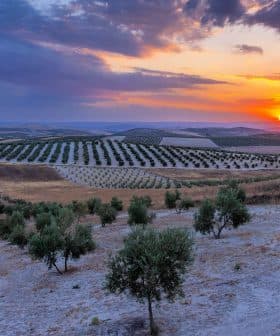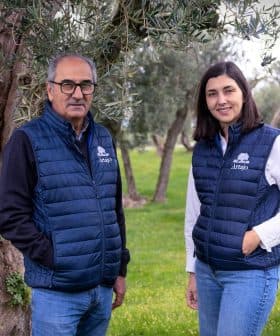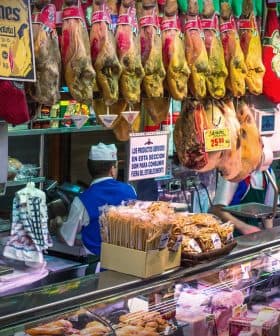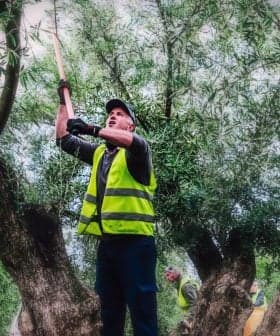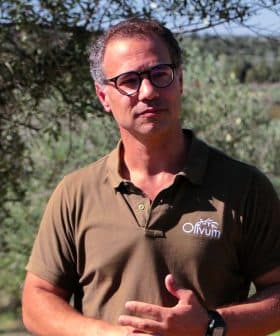Spain Bets on Biorefineries to Find New Revenue for Small Producers
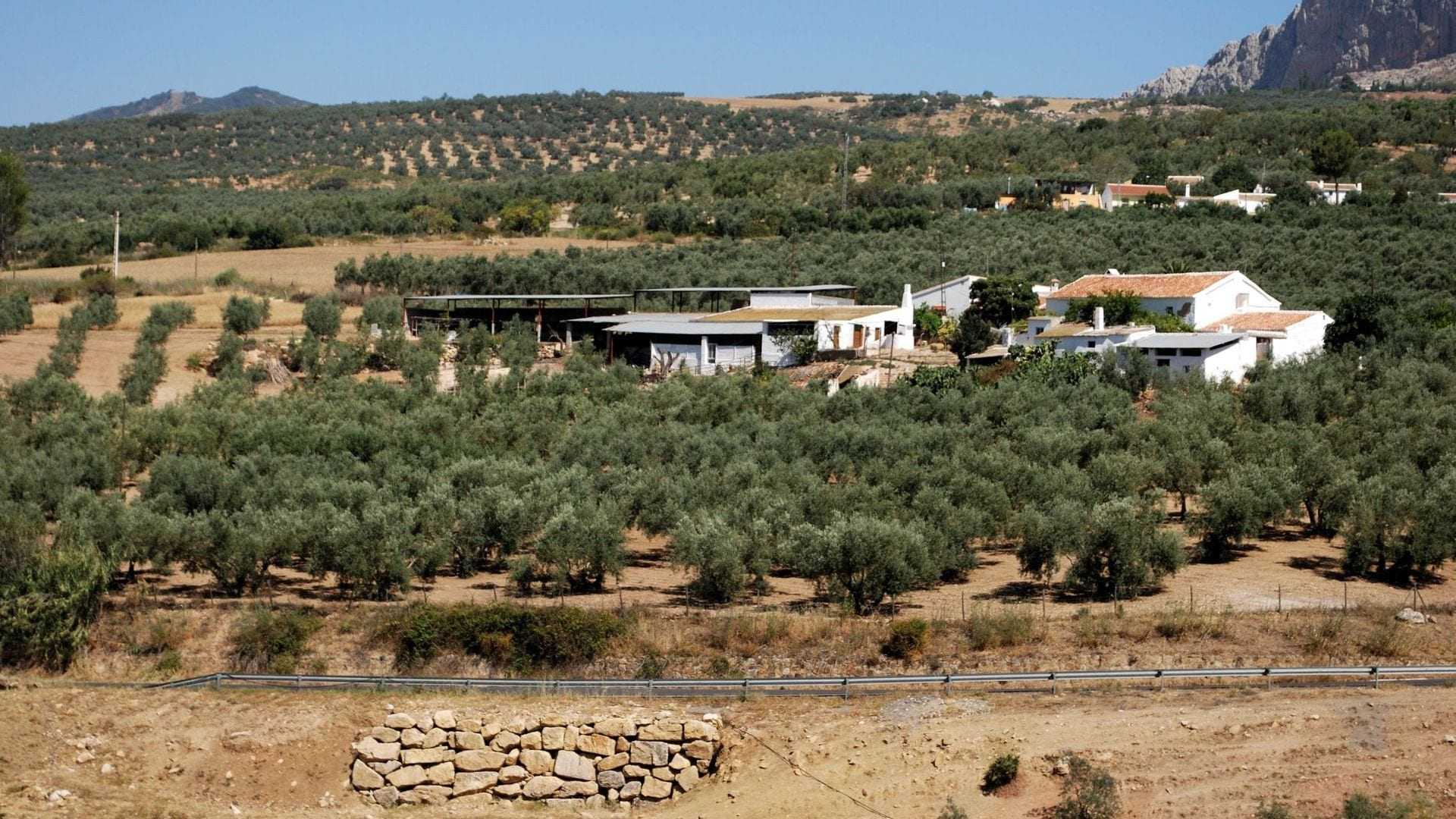
Spanish olive oil producers are exploring new ways to create value from waste products due to low prices, with Acesur collaborating on a project to turn alpeorujo into other compounds for various industries. The Alpeocel project aims to develop small-scale biorefineries in rural areas to improve technical-economic and environmental viability, with the hope of having them operational by the 2021 harvest.
The persistently low olive oil prices that have plagued Spanish producers for more than a year now are forcing some to look for additional value elsewhere in the production process.
Acesur, one of the word’s largest olive oil producers, has teamed up with several other agricultural firms and researchers on a new project with the aim of creating value from the waste products that result from olive oil extraction.
Small-scale biorefineries in rural areas are a key instrument of the new bioeconomy promoted by the E.U. to optimize biomass resources
Under the auspices of the Alpeocel project, the collaborators plan to develop new biorefinery processes in order to turn alpeorujo – a mixture of water, olive skins, stones and pulp – into other compounds that may be used in the manufacturer of fertilizers, cosmetics and biomass.
While these processes already exist on larger scales in Spain as well as elsewhere in the European Union, the hope for this initiative is to create small-scale biorefineries in rural areas.
See Also:Sustainability News“It is a pioneering initiative in Spain in which we aim to apply the biorefinery model to existing facilities, such as the olive groves, expanding its scope and thus allowing it to improve [the groves’] technical-economic and environmental viability,” said Fátima Vargas from the Ainia biotechnology department, which is providing technical assistance to the project.
“Furthermore, we can find synergies between the new biorefinery processes and the available processing technologies to obtain a wide spectrum of new bioproducts and bioenergy,” she added.
According to Ainia, a non-profit focused on agribusiness, roughly 80 percent of the olives that are processed in mills are turned into alpeorujo. It is estimated that for every pound of olives that are transformed into oil, between a pound (0.45 kilograms) and 2.5 pounds (1.13 kilograms) of alpeorujo is created.
Due to the chemical characteristics of these byproducts and large quantities that are yielded, producers usually need to pay to have the residue removed, adding another cost to their budget.
Acesur and its collaborators are betting that the incorporation of biorefineries to these small-scale production sites will turn that cost into an additional stream of revenue.
However, it remains unclear exactly how many of these biorefineries will be built, which producers will be able to benefit and how much added value they biorefineries will bring to the production process.
Representatives from both Acesur and Ainia said only that the project is at a very early stage and they would know more as it progressed.
The €1.66 million ($1.87 million) project is being co-funded by Spain’s Center for the Development of Industrial Technology and the E.U.‘s fund for regional development.
“Small-scale biorefineries in rural areas are a key instrument of the new bioeconomy promoted by the E.U. to optimize biomass resources,” Vargas said.
The hope is to have these biorefineries fully operational in time for the 2021 harvest, with the first ones being set up in the provinces of Córdoba and Jaén, the leading olive oil producing provinces in the world.



